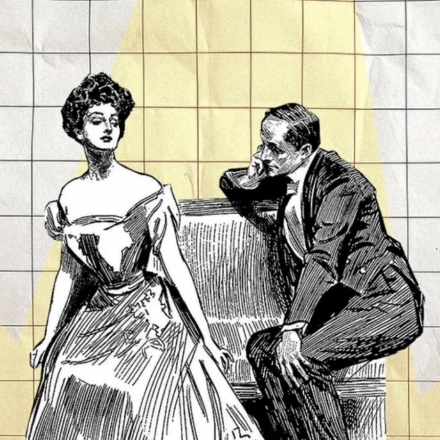Family relationships are like a complex musical ensemble, where each participant plays their role. In this context, the mother often acts as the conductor, determining how the overall melody sounds. But what happens when this conductor becomes too domineering, turning harmony into dissonance? Let’s explore this intricate issue, focusing on the mother and daughter, and how maternal emotions can influence family dynamics.
"Giving Birth to a Child for Oneself": The Illusion of Freedom
Imagine an ideal picture: a mother decides to give birth to a daughter, and in this scenario, there is no father. She creates a world where she and her child become one. However, this approach often distorts relationships with others, especially with the father, who remains on the sidelines.
Instead of collaborating, the mother may begin to see her husband as a threat to her connection with her daughter. As a result, she might limit his influence, forming taboos and controlled interactions. For example, she may inform her husband that he should talk to their daughter after her misstep, depriving him of the opportunity to act spontaneously and authentically.
Dependency and Manipulation
Such behavior may also manifest towards the daughter. The mother may compel her to approach the father with requests that are essentially convenient for her. For instance, “Ask your father why he gave you flowers instead of a bicycle” — this is not just a question; it’s an attempt to substitute the child’s authentic feelings.
Such manipulations lead to formal and tense relationships between the father and daughter. If the man does not respond to these interventions, his connection with his daughter may irreparably deteriorate. Consequently, their feelings for each other fade, and the desire to spend time together gradually disappears.
Complaints as a Form of Control
Another common practice is when the mother complains to her daughter about her father. This not only undermines the father's authority but also creates emotional dependency for the child. The daughter begins to perceive her father through the lens of the mother’s grievances, losing the ability to see him as an independent person.
How to Avoid the Trap?
Understanding these dynamics is the first step toward correcting them. The father must actively participate in his daughter's life, even if the mother tries to exclude him. He needs to build his own relationship with his daughter, communicating with her as equals.
Mothers, for their part, should realize that their fear of losing connection with their daughter should not lead to control and manipulation. It is essential to create a space where every family member can freely express their feelings and build their relationships.
Family relationships are not just about love, but also about balance. The conductor should not suppress the voices of other musicians; otherwise, the entire symphony loses its harmony. Only by learning to listen to one another can a truly beautiful melody be created.


















